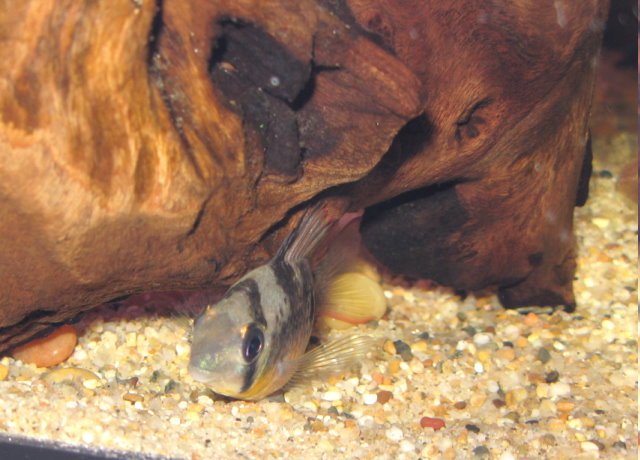Ok, so I think I've decided on changing my gravel substrate to pool filter sand. It sounds perfect for bottom dwellers and fairly cheap and clean. I'll still wash it thoroughly anyhow.
My only other questions: A guy at my LFS said it is silica based and will promote tons of algae growth. Is this true?
And, he recommended a black type of sand. That being said, I would like to plant the tank down the road with live plants. Probably mostly low light types, will pool filter sand hold up ok for plants? Or would a darker black sand be better? Anyone know what types of sand are black?
Lastly, what colors would the substrate of a typical South American body of water be? Would it be mucky and black in color, or lighter colored? I want to make it look as natural as possible.
Thanks
My only other questions: A guy at my LFS said it is silica based and will promote tons of algae growth. Is this true?
And, he recommended a black type of sand. That being said, I would like to plant the tank down the road with live plants. Probably mostly low light types, will pool filter sand hold up ok for plants? Or would a darker black sand be better? Anyone know what types of sand are black?
Lastly, what colors would the substrate of a typical South American body of water be? Would it be mucky and black in color, or lighter colored? I want to make it look as natural as possible.
Thanks



